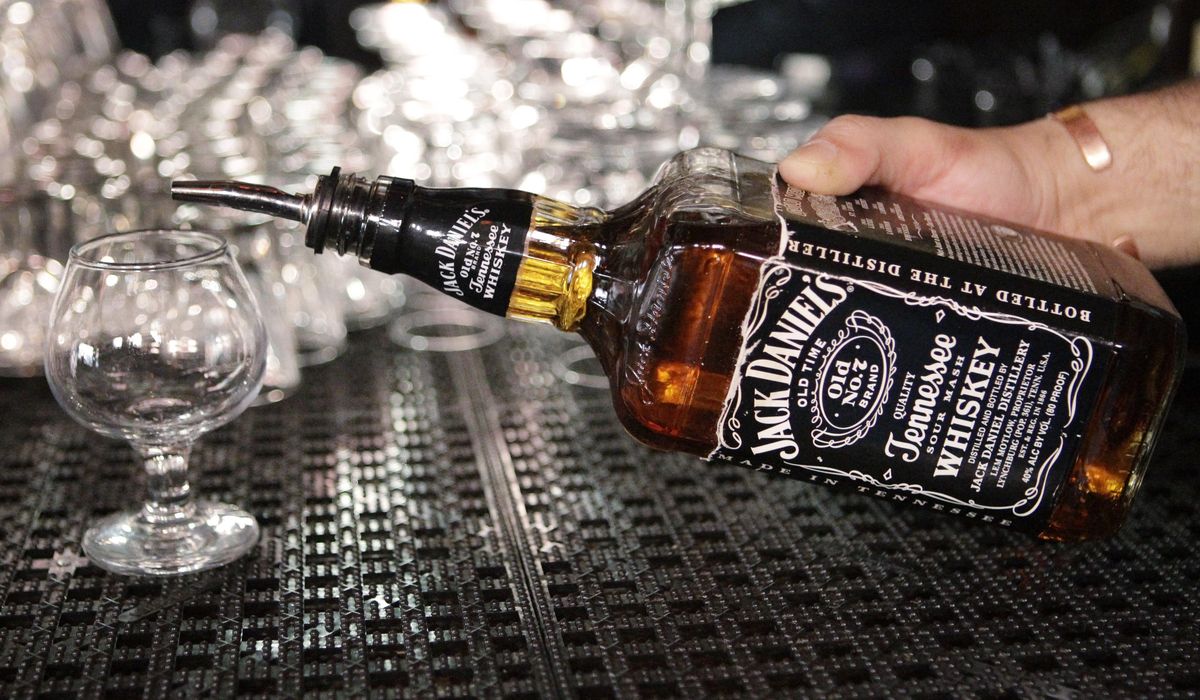


American whiskey producers face a sobering double shot of challenges: weakening domestic sales and looming international tariffs that threaten to devastate their export markets.
The Distilled Spirits Council’s latest report reveals that U.S. sales of American whiskeys, including bourbon, Tennessee whiskey, and rye, declined by 1.8% to $5.2 billion in 2024, as inflation-conscious consumers tightened their belts.
However, the industry’s biggest headache may lie across the Atlantic. The European Union is poised to reinstate tariffs on American whiskey on April 1, this time at a crushing 50% rate — double the previous levy that had significantly impacted exports during earlier trade disputes. The stakes are particularly high for Kentucky, home to 95% of the world’s bourbon production, where a record 14.3 million barrels were aging at the start of 2024.
The tariff threat extends beyond Europe, with trade tensions simmering in Canada and Mexico. While Canada recently announced a temporary reprieve, some provinces had been preparing to pull American spirits from government store shelves. These trade disputes, stemming from broader disagreements over steel and aluminum, threaten to particularly impact craft distilleries trying to establish an international presence.
Boundary Oak Distillery in Kentucky exemplifies the vulnerability of smaller producers. Having recently shipped 200 cases to Lithuania and expanding into Poland with hopes of entering Hungary, owner Brent Goodin fears the potential 50% EU tariff would “pretty much kill” their European market ambitions.
The domestic market also shows signs of strain. While the spirits industry maintained its market share leadership, overall supplier sales in the U.S. dropped 1.1% to $37.2 billion in 2024.
Super-premium spirits saw declining revenues as inflation-weary consumers opted for less expensive alternatives. The industry attributes some of this normalization to a post-pandemic return to regular consumption patterns and changing habits among younger adults who appear to be drinking less.
Read more: An unwanted double: U.S. sales fall for American whiskeys as threats of a trade war heat up
This article is written with the assistance of generative artificial intelligence based solely on Washington Times original reporting and wire services. For more information, please read our AI policy or contact Ann Wog, Managing Editor for Digital, at awog@washingtontimes.com
The Washington Times AI Ethics Newsroom Committee can be reached at aispotlight@washingtontimes.com.
